Data acquisition, often shortened to DAQ, allows for the capture and conversion of information into useful and easily read data. The first step in any such system is acquiring a sampling of actual physical conditions, such as temperature, lighting, gas pressure, fluid flow and chemical composition. Sensors monitor such conditions and data recorders log this data. These observations are often inaccessible as measurements are taken as electrical signals. Signal conditioners help to convert this information for later use. Modern systems use analog-to-digital converters which convert signals into meaningful digital values. The manipulated data collected by these systems is stored and compiled over time to present more complete information.
The information acquired, organized and analyzed by the many types of data loggers and data acquisition software is vital to the preservation of information and promotion of quality control in numerous industrial, commercial and even residential applications. In industry, DAQ helps maintain safety standards while allowing for development of better processes and procedures through the careful calculation and interpretation of collected information.
As evident by their many uses in industries across the board, these devices are responsible for the continual advancement of our future. In providing a steady flow of carefully calibrated, converted and calculated information that is easily understood, data acquisition allows for fast and efficient research in applications ranging from museum studies and meteorology to medicine and manufacturing. In generating and preserving quality information, data acquisition systems promote the quality of our past, present and future.
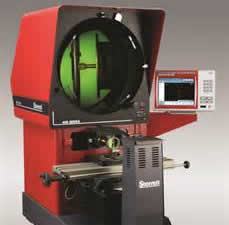 Calibration Services
Calibration Services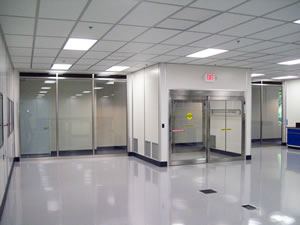 Clean Rooms
Clean Rooms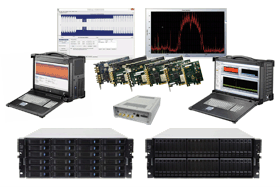 Data Acquisition Systems
Data Acquisition Systems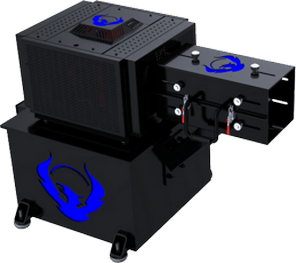 Dynamometers
Dynamometers Environmental Test Chamber
Environmental Test Chamber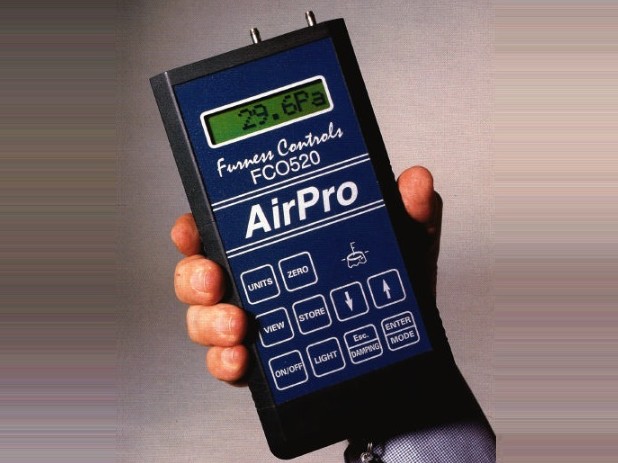 Leak Detectors
Leak Detectors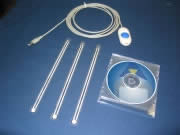 Load Cells
Load Cells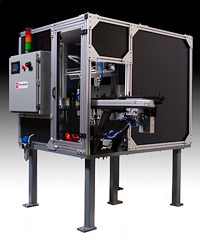 Machine Vision Systems
Machine Vision Systems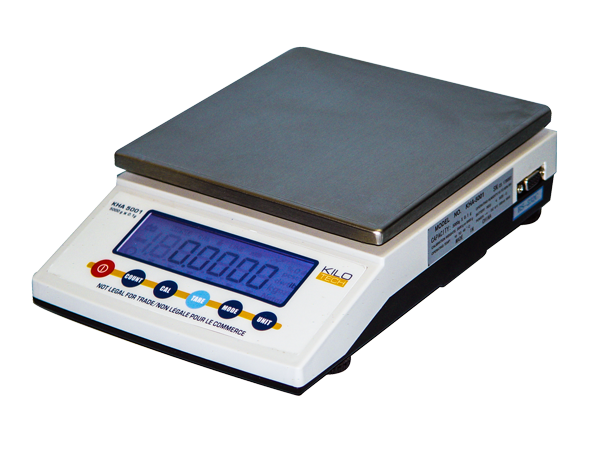 Scales
Scales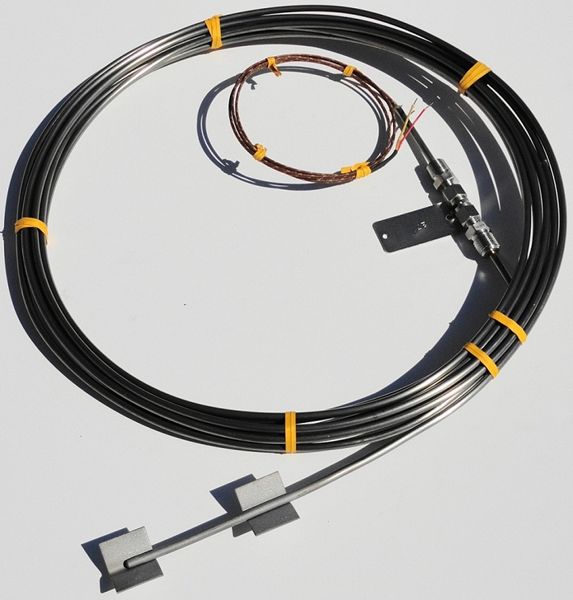 Thermocouples
Thermocouples Castings & Forgings
Castings & Forgings Bulk Material Handling
Bulk Material Handling Electrical & Electronic Components
Electrical & Electronic Components Flow Instrumentation
Flow Instrumentation Hardware
Hardware Material Handling Equipment
Material Handling Equipment Metal Cutting Services
Metal Cutting Services Metal Forming Services
Metal Forming Services Metal Suppliers
Metal Suppliers Motion Control Products
Motion Control Products Plant & Facility Equipment
Plant & Facility Equipment Plant & Facility Supplies
Plant & Facility Supplies Plastic Molding Processes
Plastic Molding Processes Pumps & Valves
Pumps & Valves Recycling Equipment
Recycling Equipment Rubber Products & Services
Rubber Products & Services